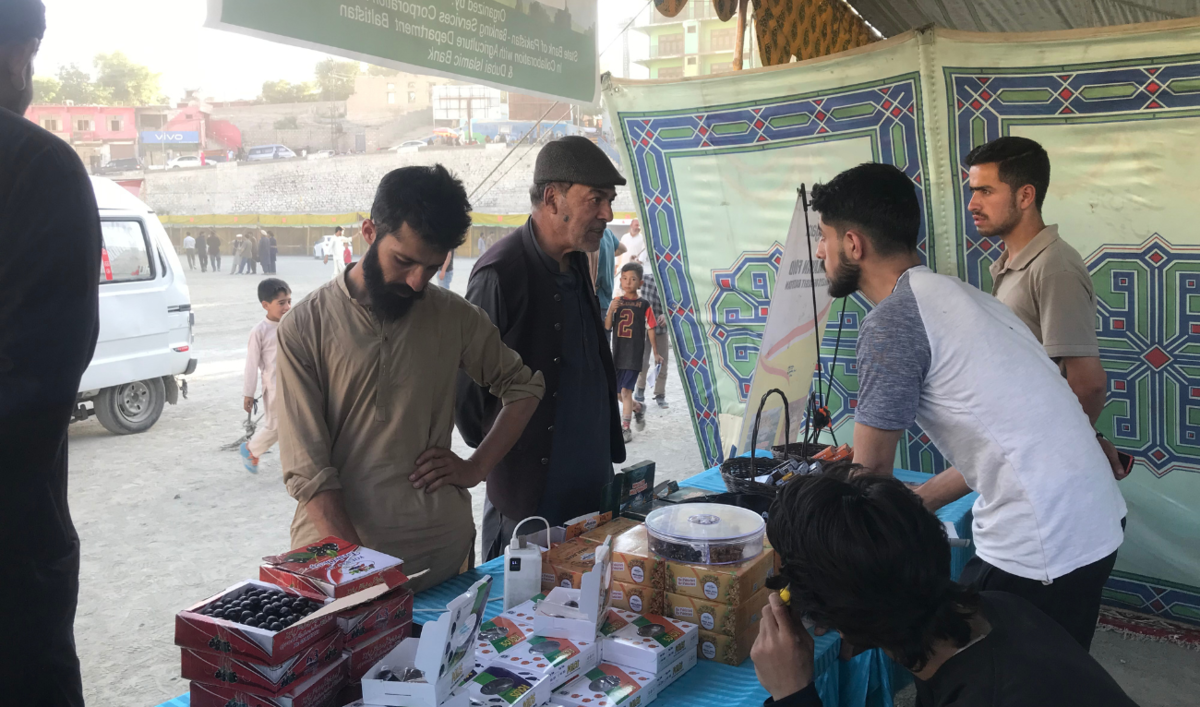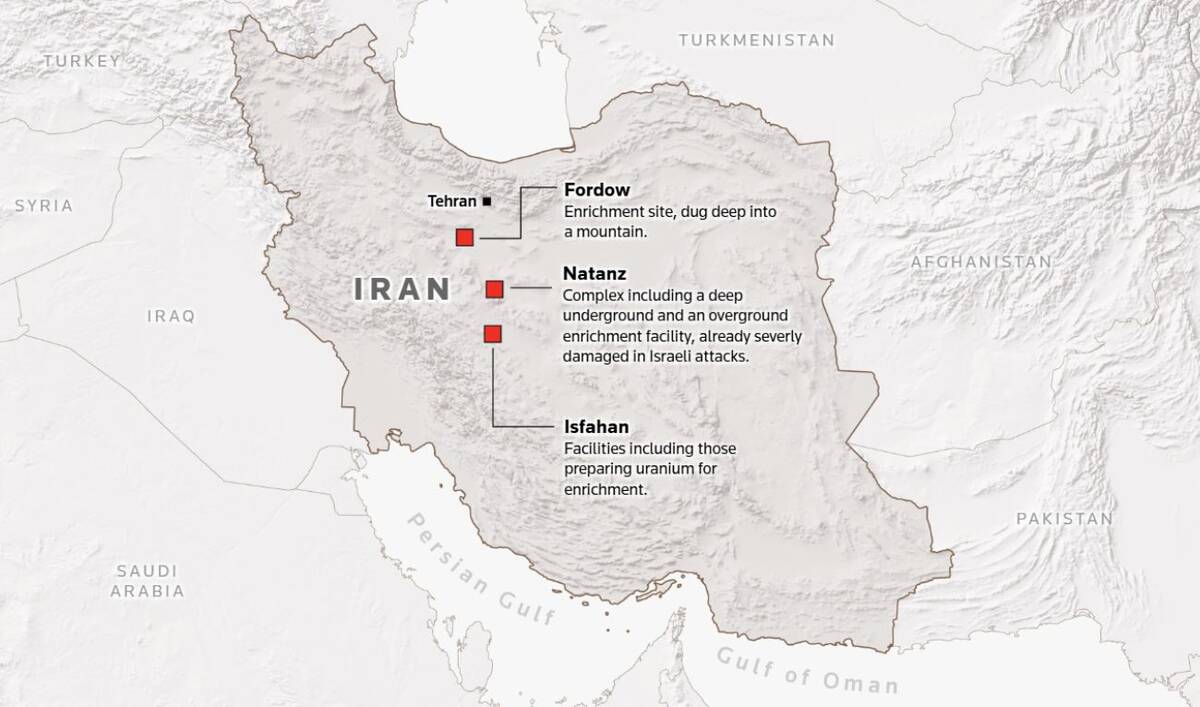ISLAMABAD: A Pakistani man who worked for years as a laborer in Saudi Arabia and is now the owner of a chain of fast-food restaurants has called the Kingdom a ‘land of opportunities’ and urged more people from his home country to seek business opportunities there.
More than 2.5 million Pakistani expatriates live in Saudi Arabia, working mostly as laborers and low-skilled workers who send home the largest share of the South Asian nation’s remittances. But some like Abdul Kabeer Shah are now also striking it big in the brotherly country.
Shah, 44, went to Saudi Arabia as a 21-year-old in 2000 and for four years worked as an assistant for electricians and plumbers in Riyadh and Jeddah.
In 2004, he joined a food chain in Jeddah, quickly learning to make fast food items like burgers and shawarmas. After four years of working there, one of Shah’s longtime Saudi customers, Dr. Abdullah Eid Saleh Albalawi, who he had befriended at the job and who was impressed with the Pakistani man’s cooking skills and work ethic offered him the opportunity of a lifetime: to go into the food business with him as a partner in Jeddah.
Thus was born the food startup Alta’am, meaning taste.
Albalawi contributed the initial capital investment in the restaurant and brought Shah on board on a profit-sharing basis. Today, they are both co-owners of the food chain, which has eight branches.
“This was a turning point in my life. I became a food entrepreneur from a laborer, and suddenly my monthly income jumped manifolds,” Shah told Arab News in an interview at his palatial home in Islamabad on Saturday, where he is visiting his family.
Before his fortunes turned in the Kingdom, Shah, one of eight siblings, used to live in a small three-room house in Landhi, Karachi, and dropped out of school in grade eight to assist his father, who worked at a retail shop.
But even as a teenager, Shah said he had an eye and passion for business.
“I developed a liking for business while working with my father at the retail shop,” he said. “So, I always wanted to set up my own business to support my family.”
Shah and his Saudi business partner employ over a hundred workers at their eight restaurant branches in Jeddah, where the main items on the menu are burgers, shawarmas, broasted chicken and pomegranate juice. And while the market is saturated with such food items, Shah said what made their restaurants different was the use of Asian spices, giving the ubiquitous products a unique taste.
“The use of at least sixteen different Asian spices like chilli, cinnamon, ginger, cumin and turmeric in our food products make them unique and tasty,” he said. “Our burgers and shawarmas are not only spicy but also have intense aromas and bold flavors which our customers like the most.”
Shah’s partner Albalawi said the duo was planning to expand and open at least two more branches, one each in Tabuk and Jeddah cities, by the end of the year.
“We are also working on adding more food items in our menu to increase our sales and create additional job opportunities for skilled workers from Pakistan and other nationalities,” he told Arab News in a phone interview.
The company has also recently hired a dedicated social media team to digitally market their business:
“We have been using all modern marketing tools and techniques to boost our sales and profits while equally focusing on the quality of our products,” Albalawi added.
Excited about expanding his business, Shah urged more Pakistanis to come to Saudi Arabia and work in businesses and increase remittances to their home country. In 2022, Pakistani expatriates in Saudi Arabia remitted $6.67 billion to Pakistan through official channels, according to central bank data, the largest source of remittances to the South Asian nation.
“Do your jobs legally [in Saudi Arabia] and remit money to your country through legitimate channels,” Shah advised foreigners in the Kingdom. “It will be beneficial for both the country and the individuals.”
Indeed, Shah’s own story and his rise from poverty to wealth and success is no small miracle. Today, he lives in a posh flat in the Al Adel area of Jeddah and visits his parents in Pakistan at least three times in a year.
“First I used to live with other labors in a shared room, and now I have rented my own luxury apartment,” he said.
In Pakistan, he has purchased a palatial house in an elite neighborhood, where his parents live with his wife and five children.
“I could not study due to poverty, but I would like my children to get quality education to achieve their dreams in life,” he said.
Commenting on Shah’s success, Pakistan-Saudi Arabia Business Council chairman Junaid Esmail Makda said it was impressive, calling on governments in both nations to facilitate entrepreneurs in exploring and setting up joint-investment opportunities.
“Saudi Arabia is offering huge investment opportunities for Pakistani businessmen in the food, industry and agriculture sectors as the Kingdom provides all required infrastructure like raw material and energy on competitive rates,” Makda told Arab News.
“Pakistani businessmen can remit the precious foreign exchange back home from the Kingdom to help boost the economy besides creating job opportunities for the nationals there.”
Standing on the greens outside his massive Islamabad home Shah added:
“Saudi Arabia is a peaceful country and a land of opportunities for businessmen and investors from across the world.”


















